27 pages • 54 minutes read
Edgar Allan PoeThe Black Cat
Fiction | Short Story | Adult | Published in 1843A modern alternative to SparkNotes and CliffsNotes, SuperSummary offers high-quality Study Guides with detailed chapter summaries and analysis of major themes, characters, and more.
Themes
The Sources of Sin
Content Warning: This section references animal cruelty, alcohol addiction, domestic violence, and mental illness.
In its depiction of the narrator’s guilt, “The Black Cat” relies on a Christian framework of sin. Other than his alcohol addiction, the narrator can give no reason for why he murdered his beloved Pluto beyond a “spirit of Perverseness” (225). This tendency, which he describes as an inclination to do wrong simply for its own sake, roughly resembles the notion of original sin—the innate propensity to do wrong, in Christian theology. In other words, while the devil might have tempted humanity into its initial sin, the primary locus of evil in Christianity is internal rather than external.
If sin is universal and inevitable, the best one can do is repent of it, and this is what Christianity typically teaches: that virtually any sin is forgivable if one seeks forgiveness. Here, however, the narrator encounters a stumbling block. For one, it is unclear whether he believes his sin as pardonable; he describes killing Pluto as “a deadly sin that would so jeopardize [his] immortal soul as to place it—if such a thing were possible—even beyond the reach of the infinite mercy of the Most Merciful and Most Terrible God” (225).
Related Titles
By Edgar Allan Poe

A Dream Within a Dream
Edgar Allan Poe

Annabel Lee
Edgar Allan Poe

Berenice
Edgar Allan Poe
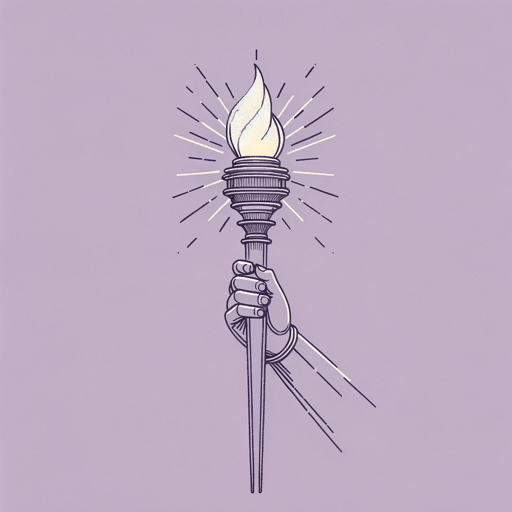
Hop-Frog
Edgar Allan Poe
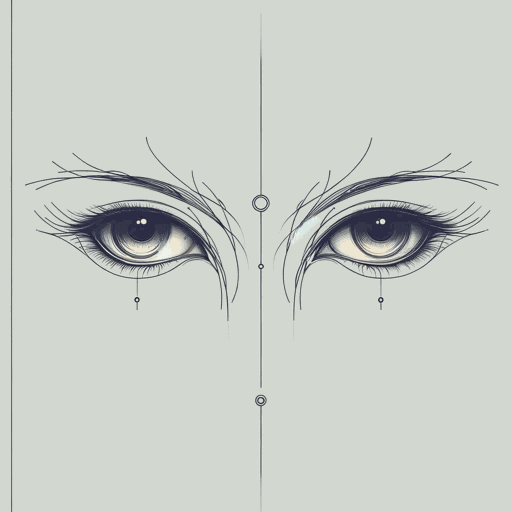
Ligeia
Edgar Allan Poe
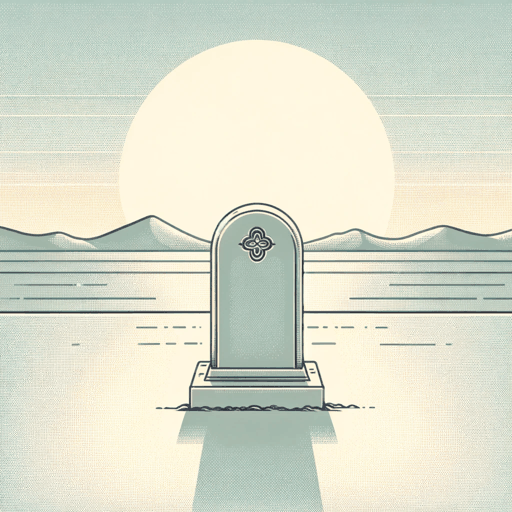
Tamerlane
Edgar Allan Poe

The Cask of Amontillado
Edgar Allan Poe
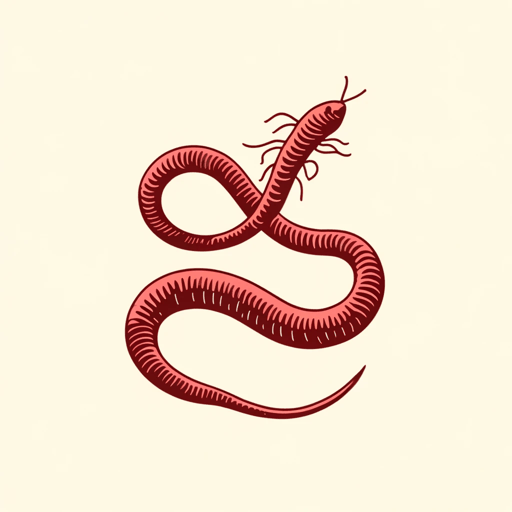
The Conqueror Worm
Edgar Allan Poe
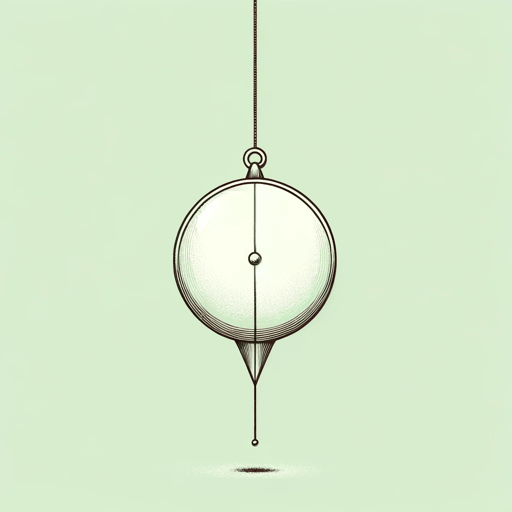
The Facts in the Case of M. Valdemar
Edgar Allan Poe

The Fall of the House of Usher
Edgar Allan Poe

The Gold Bug
Edgar Allan Poe

The Haunted Palace
Edgar Allan Poe

The Imp of the Perverse
Edgar Allan Poe

The Lake
Edgar Allan Poe
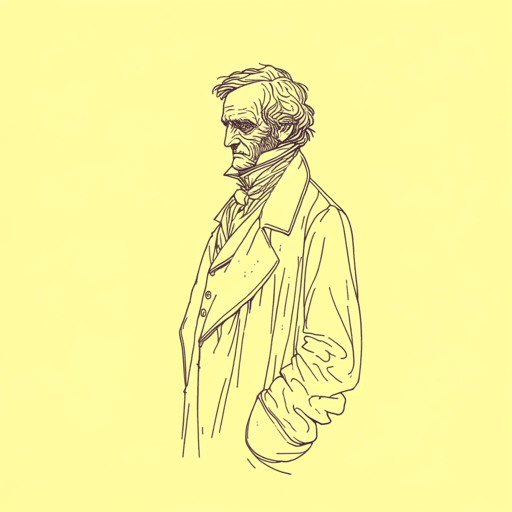
The Man of the Crowd
Edgar Allan Poe

The Masque of the Red Death
Edgar Allan Poe

The Murders in the Rue Morgue
Edgar Allan Poe

The Narrative of Arthur Gordon Pym of Nantucket
Edgar Allan Poe

The Oval Portrait
Edgar Allan Poe

The Philosophy of Composition
Edgar Allan Poe

